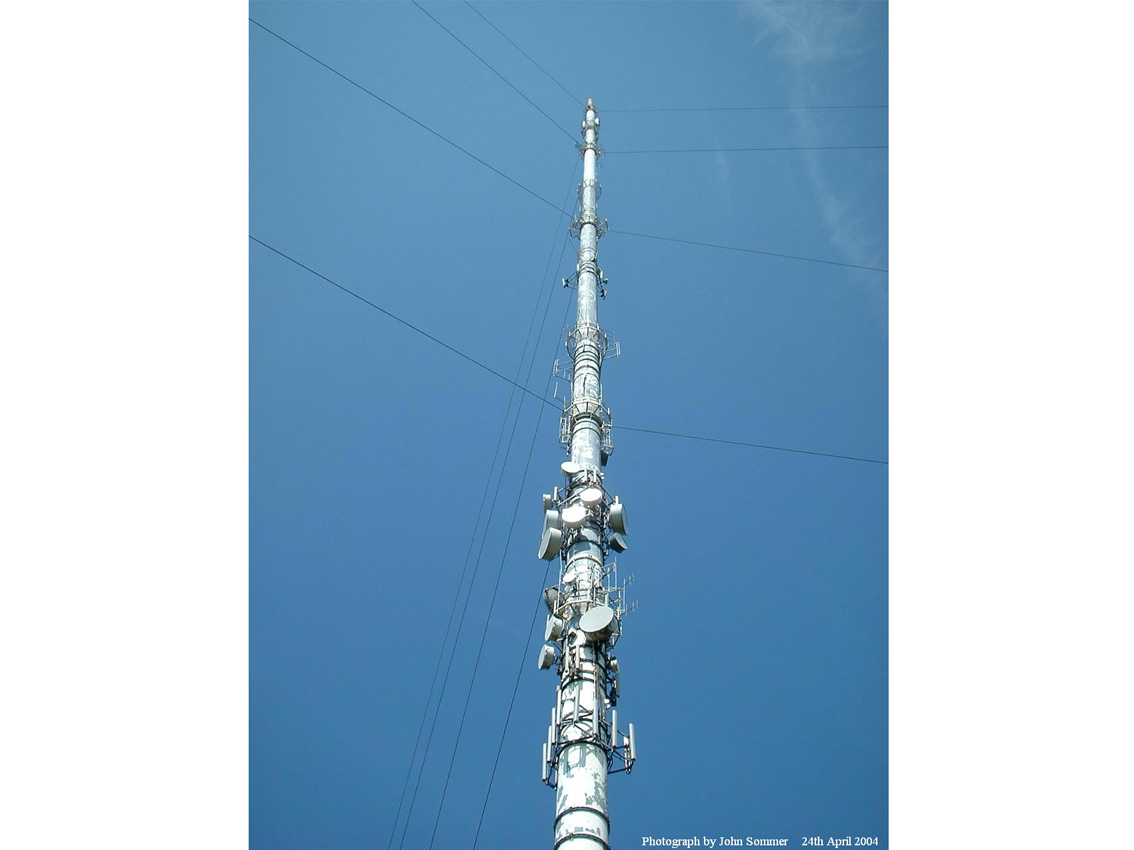Ofcom preps TV bosses for digital switch

Ofcom has issued a draft Code of Practice to broadcasters who will be involved in making the switch from analogue to digital TV services between 2008 and 2012.
The government media and telecoms regulator said the Code has been designed to minimise disruption to viewers and to make it easy to people to switch from one kind of broadcast service to the other.
Regulations set out in the draft Code include:
- An obligation on broadcasters to ensure that they match the current analogue TV service on digital terrestrial television (DTT) transmissions. Ofcom says areas that are currently covered by terrestrial broadcasts shouldn't lose service when digital switchover is made.
- That broadcasters to minimise disruption to analogue and DTT viewers during the transition.
- That broadcasters to consider four primary groups if degradation of TV service is unavoidable. It warns that broadcasters will have to consider the needs four primary groups planning and implementing the digital switch. The four groups are: Priority 1 - loss of all analogue services for a period of more than two weeks with no alternative transmitter available; Priority 2 - loss or one or more analogue or DTT services for more than two weeks with no DTT alternative available; Priority 3 - loss of one or all analogue or DTT service for less than two weeks with no alternative service available; Priority 4 - degradation of analogue service in terms of sound and picture quality; or interruption of service temporarily.
- That broadcasters should use a variety of techniques to minimise disruption and where disruption is unavoidable that they consult and get agreement from Ofcom six months before any disruption is likely to take place.
Ofcom also says that broadcasters have three options when it comes to digital switchover (DSO):
- Option 1 - That broadcasters take no guidance from Ofcom and make a quick switch from analogue to digital resulting in loss of service to viewers for up to three years.
- Option 2 - That broadcasters work within Ofcom's Code of Practice to minimise disruption to viewers, while also keeping DSO costs low.
- Option 3 - That broadcasters make the switch to digital even more slowly than planned by Ofcom. This would minimise disruption to viewers, but would also add massively to broadcasters costs. This would also delay the sell-off of the analogue spectrum - or the Digital Dividend as Ofcom puts it.
Get daily insight, inspiration and deals in your inbox
Sign up for breaking news, reviews, opinion, top tech deals, and more.
LATEST ARTICLES